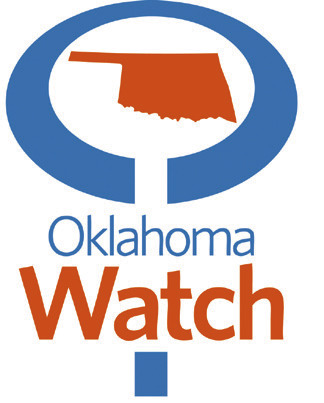Lawmakers from both parties said Thursday that President Donald Trump’s budget would put care for millions of Native Americans at risk should the government shut down.
The Indian Health Service, which is the federal agency responsible for providing health services to Native Americans and Alaska Natives, is already struggling due to staff and spending cuts, members have said. While Trump’s budget wish list would fund IHS at $7.9 billion, it does not include a provision to keep funding flowing in the event of a government shutdown.
“You can stumble into a government shutdown at any point, and that should not affect the care of Native Americans,” Rep. Tom Cole, the chair of the House Appropriations Committee, said at a hearing of the Subcommittee on Interior, En- COLE on page 3 vironment and Related Agencies.

COLE: ’Congress will secure advance funds in the final budget as they have in the past’
In the past, IHS has received advance appropriations, so most of its programs would stay up and running and all staff would be exempt if the government shut down, according to the Department of Health and Human Services’ website.
Cole, a Chickasaw Nation member, said Tuesday that he was very concerned about the potential loss of advance funds for IHS.
“My own tribe used to keep at least six months of funding in reserve, because we run our own health care system, in case that happened,” Cole said. “A lot of tribes can’t do that. So, you quit funding, I mean, you cut off health care right away. That’s wrong.
Congress is ultimately responsible for appropriating funds, and Cole said Thursday that lawmakers would secure advance funds in the final budget as they have in the past.
“I can just tell you now, we will be retaining advance appropriations,” Cole said.
Still, lawmakers were troubled by the omission in Trump’s budget proposal. Democratic Rep. Chellie Pingree said she was alarmed.
“I wonder if the Trump administration didn’t think it was important enough to continue advanced appropriations for stability in Indian Country,” said Rep. Betty Mc-Collum, another Democrat. “Or was it by accident? It was just an oversight, or were they hoping Congress would eliminate it?”
Rep. Mike Simpson, chair of the subcommittee, said the lack of advance funding in the budget proposal was noteworthy.
“This subcommittee is very proud of the work it has done on advanced appropriations to provide tribes a bit of certainty while relying on the federal government to support basic services,” Simpson said. “I look forward to hearing a little more about this decision and how we can work together to ensure tribes are taken care of under possible continuing resolution scenarios.”
Benjamin Smith, the acting director of IHS, told lawmakers that the agency was currently evaluating the impact that advance funding has on Indian Country, and he would be happy to inform lawmakers once the evaluations are complete.
“As everyone has said, and as you can imagine, it will be in this bill,” Simpson said in response.
Cole told reporters before the hearing that he was happy with the overall proposed budget number of $7.9 billion.
Democrats disagreed. Rep. Rosa DeLauro, the Appropriations Committee’s ranking member, said the budget woefully underfunds IHS.
“It’s shameful that under the guise of eliminating waste, fraud and abuse that the administration is targeting the largest health care provider for Native Americans and Alaska Natives,” De-Lauro said.
(EDITOR’S NOTE: “Oklahoma Watch, at oklahomawatch. org, is a nonprofit, nonpartisan news organization that covers public-policy issues facing the state.”)





